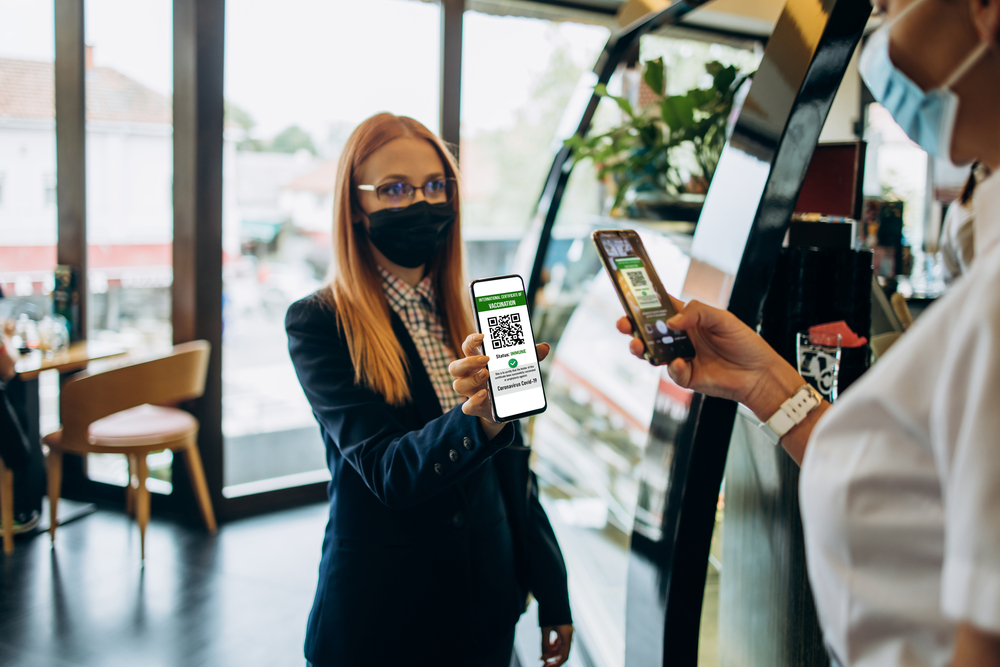Following up on their November announcements, the Dutch government decided not to move forward with the 2G policy for now.
Dutch Minister of Health, Hugo de Jonge, explains the government’s shifting position in a letter addressed to the House of Representatives, citing the growing number of coronavirus cases in the Netherlands.
“The government has established that, given the level of infection pressure and the continuing pressure on healthcare, there will not be room in the short term to partially open up some sectors that are deemed high-risk with the use of a corona pass based on 2G,” de Jonge says in the letter.
Moving discussions to January
While the 2G policy was originally supposed to be discussed this week in the House of Representatives, the Health Minister now proposes to revisit it in January, according to the NOS. He also urges that it shouldn’t be later than that, however.
“Without the application of 2G, certain sectors, such as parts of the catering industry, cultural institutions, and events, will have to remain closed for longer than necessary,” says de Jonge.
At the same time, 3G measures are on the table for education and workplaces. These make it possible to obtain a QR code with a negative PCR test result.
What is 2G?
2G measures are built around restricting access to events or other aspects of public life to people who are unvaccinated — even if they have a negative PCR test result.
Under these measures, only those who have been fully vaccinated or have had coronavirus in the past are allowed to obtain a valid QR code for daily use.
What does the OMT say?
Back in November, the Outbreak Management Team (OMT) urged the Dutch government to impose 2G measures as an effective way to bring the number of coronavirus infections down.
However, at this point, it’s unknown where the OMT stands on the latest government decision against 2G in the near future.
Follow DutchReview on Facebook and Instagram for the latest coronavirus news from the Netherlands.
Feature Image: DuxX73/Depositphotos



